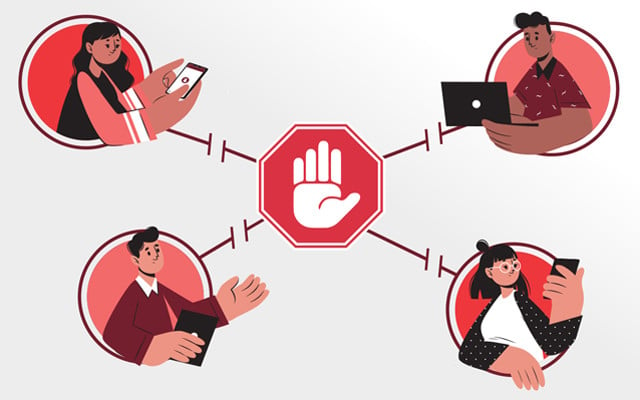
PTA plans measures to block VPNs in Pakistan amid rising usage
The Pakistan Telecommunication Authority (PTA) has announced plans to regulate the use of virtual private networks (VPNs) in Pakistan. The development was disclosed by PTA Chairman Maj General (retd) Hafeezur Rehman during a recent meeting with the Senate Standing Committee on Cabinet Secretariat. Rehman explained that the new policy would allow only whitelisted VPNs to operate in Pakistan, blocking all others. This decision comes amid a surge in VPN usage since February 19, when Pakistan banned access to the social media platform X (formerly known as Twitter). According to a report by Top10VPN, an independent VPN review website, demand for proxy networks jumped by 131% following the ban on X. The PTA chairman revealed that, despite the increased VPN usage, the number of X users in Pakistan has decreased by 70%, with only 30% now accessing the platform via VPN. However, X's user base remains relatively small compared to other social media platforms, with DataReportal reporting 4.5 million users in early 2024. Rehman cautioned that a complete ban on VPNs could have severe implications for Pakistan's IT industry, potentially causing the collapse of several businesses that rely on VPNs for operations. Past attempts by the government to regulate VPNs through registration requirements have had limited success. In 2022, the PTA requested public and private sector organisations, foreign missions, and freelancers to register their VPNs to avoid disruptions, though enforcement has been inconsistent. Additionally, Law Minister Azam Nazir Tarar suggested during the committee meeting that social media revenues should be taxed in Pakistan, as they are in other countries. He noted that platforms accused of violating Pakistan's security laws have agreed to establish virtual offices in the country. With around 132 million Pakistanis using social media for business purposes, the lack of taxation has become a growing concern. Senator Rana Mahmoodul Hasan expressed concerns over taxes on cellular advertisements, while Senator Farooq H Naek urged committee members to study national and international legislation to propose measures that ensure public access to digital services. The PTA's plans to regulate VPNs and the government's focus on taxing social media revenues reflect ongoing efforts to address the challenges posed by digital platforms in Pakistan, balancing security concerns with economic interests.

The Pakistan Telecommunication Authority (PTA) has announced plans to regulate the use of virtual private networks (VPNs) in Pakistan. The development was disclosed by PTA Chairman Maj General (retd) Hafeezur Rehman during a recent meeting with the Senate Standing Committee on Cabinet Secretariat. Rehman explained that the new policy would allow only whitelisted VPNs to operate in Pakistan, blocking all others. This decision comes amid a surge in VPN usage since February 19, when Pakistan banned access to the social media platform X (formerly known as Twitter). According to a report by Top10VPN, an independent VPN review website, demand for proxy networks jumped by 131% following the ban on X. The PTA chairman revealed that, despite the increased VPN usage, the number of X users in Pakistan has decreased by 70%, with only 30% now accessing the platform via VPN. However, X's user base remains relatively small compared to other social media platforms, with DataReportal reporting 4.5 million users in early 2024. Rehman cautioned that a complete ban on VPNs could have severe implications for Pakistan's IT industry, potentially causing the collapse of several businesses that rely on VPNs for operations. Past attempts by the government to regulate VPNs through registration requirements have had limited success. In 2022, the PTA requested public and private sector organisations, foreign missions, and freelancers to register their VPNs to avoid disruptions, though enforcement has been inconsistent. Additionally, Law Minister Azam Nazir Tarar suggested during the committee meeting that social media revenues should be taxed in Pakistan, as they are in other countries. He noted that platforms accused of violating Pakistan's security laws have agreed to establish virtual offices in the country. With around 132 million Pakistanis using social media for business purposes, the lack of taxation has become a growing concern. Senator Rana Mahmoodul Hasan expressed concerns over taxes on cellular advertisements, while Senator Farooq H Naek urged committee members to study national and international legislation to propose measures that ensure public access to digital services. The PTA's plans to regulate VPNs and the government's focus on taxing social media revenues reflect ongoing efforts to address the challenges posed by digital platforms in Pakistan, balancing security concerns with economic interests.
